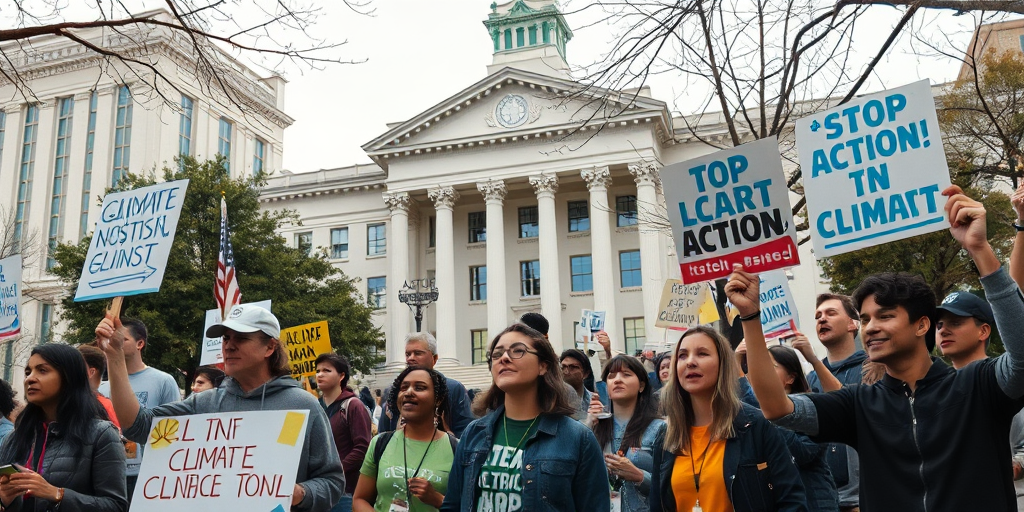Why Diversity Training Should Be Customized to Different ‘Personas’
In an era marked by rapid technological change and cultural transformation, diversity training stands as a vital component for effective workplace dynamics. Recent discussions have highlighted the necessity of tailoring such training programs to various ‘personas’ to enhance their effectiveness. This approach acknowledges the diverse experiences and backgrounds of participants, thereby fostering more inclusive environments.
The Importance of Personalization in Diversity Training
Diversity training is not a one-size-fits-all solution. Despite the good intentions behind many generic diversity programs, their lack of personalization often diminishes their impact. By customizing training to cater to different personas—such as varying levels of understanding, professional backgrounds, and cultural experiences—organizations can improve outcomes and genuinely promote inclusivity.
Megan Wright, a diversity consultant based in Seattle, explains, “Different groups have different learning needs and starting points. By recognizing these differences, we can create training sessions that resonate more deeply, leading to long-term change rather than temporary compliance.”
Background: The Role of JavaScript and Ad Blockers in Technology Use
While the conversation surrounding diversity training personalization seems distinct from digital technology discourse, parallels can be drawn in terms of enabling and customizing user experiences. Just as enabling JavaScript in web browsers allows users to access dynamic content, and disabling ad blockers can improve website functionality, tailored diversity training programs can significantly enhance participant engagement and effectiveness.
Websites today rely heavily on JavaScript for delivering interactive content. Users who disable JavaScript or employ ad blockers might miss out on much of the intended functionality, often encountering incomplete webpages or essential components being blocked. This highlights an interesting metaphor; just as tech users should adjust their settings for optimal browsing, diversity training should be adapted to fit organizational and individual needs.
Local Impact: Washington Companies Leading by Example
In Washington, companies like Tech Sphere and Green Solutions have pioneered customized diversity training programs—targeted to the specific personas observed within their workforce. These programs have shown significant success in increasing employee engagement and improving workplace culture.
“By recognizing that our engineers, marketers, and customer service staff all have different perspectives and barriers, we’ve crafted training that speaks to their unique experiences,” shares Daniel Carter, HR Director at Tech Sphere. “The local community appreciates seeing tangible commitments to inclusivity, one that truly reflects its diverse population.”
Broader Implications and Community Interest
The ripple effects of persona-based diversity training extend beyond company walls. As more local businesses adopt such programs, they contribute to a more inclusive culture throughout the community. This approach aligns with broader trends focusing on personalization and user-centric practices—whether it be in workplace dynamics or technology use, as illustrated by the need for JS and content access personalization.
Furthermore, for a diverse state like Washington, this shift is particularly timely. Organizations that embrace tailored diversity training not only advance their own environments but also set a standard for others, showcasing a successful blending of local dynamics and innovative practices.
Challenges and Differing Perspectives
While the benefits of personalized diversity training are apparent, challenges remain. Customization requires more resources, careful planning, and ongoing evaluation to ensure efficacy. Critics argue that while such initiatives may work well for larger organizations, smaller businesses could struggle with implementation.
Additionally, there is a balance to strike between personalizing content and maintaining a cohesive collective experience. Making sure participants don’t feel segregated by the very categories diversity training seeks to bridge is crucial.
Alice Kim, a professor of organizational psychology at the University of Washington, stresses the need for balance. “The key is nuanced implementation. To facilitate unity, the nuanced design shouldn’t foster division but instead celebrate and understand differences as collaborative strengths.”
Resources for Interested Organizations
Organizations seeking to revamp their diversity training are encouraged to engage with local diversity consultants and participate in community workshops designed around customization practices. The Washington Diversity Coalition offers an array of resources including guidelines, expert panels, and success stories—helping companies tailor their programs without starting from scratch.
As organizations continue to navigate the complexities of inclusivity in workplace dynamics, adapting diversity training to accommodate varying personas stands as a progressive step. By drawing on the importance of customization reminiscent of technological personalization for a richer experience, both local and broader communities can benefit from enhanced, inclusive practices—thereby propelling a future where diversity is not just recognized, but genuinely understood and embraced.







